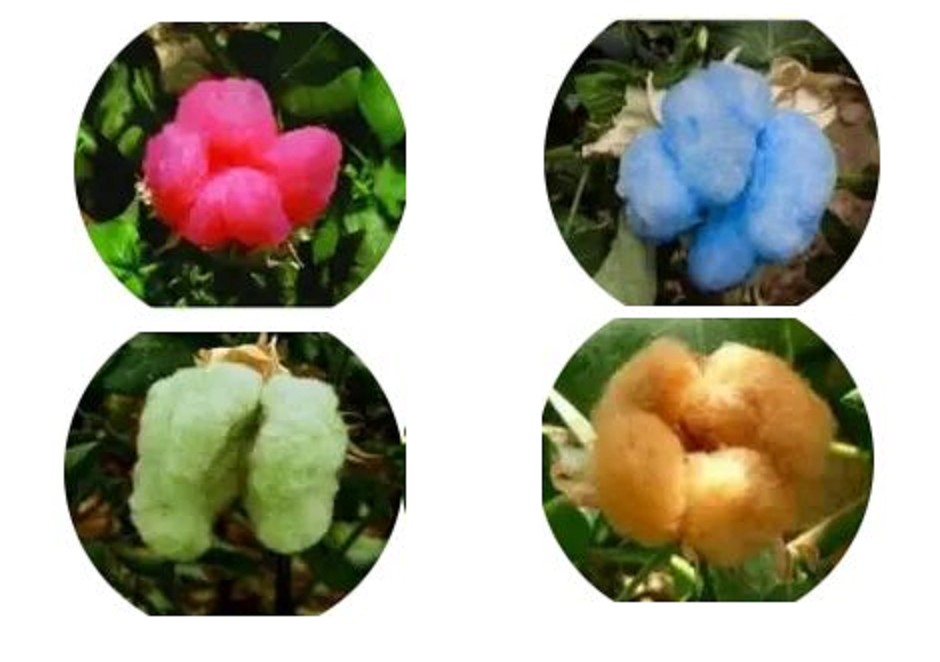The global home textile market is evolving, and Pakistan is emerging as a major force in the EU market. While China remains the No.1 supplier, exporting $6.5 billion worth of home textiles, Pakistan has secured the second-largest position among Asian exporters, with $3.0 billion in exports—ahead of India, Bangladesh, and Vietnam. This achievement reflects Pakistan’s growing competitiveness and potential for further expansion.

But how can Pakistan strengthen its position in this market? What policy shifts, innovations, and strategies are needed to boost exports and ensure long-term sustainability? Let’s explore.
📈 Why Pakistan’s Home Textile Industry is Thriving
Several factors contribute to Pakistan’s strong performance in the EU home textile market:
✅ Competitive Manufacturing Costs – Pakistan offers cost-effective production compared to European suppliers.
✅ High-Quality Cotton & Textile Expertise – The country benefits from a strong raw material base and decades of experience in home textiles.
✅ EU’s GSP+ Trade Benefits – Pakistan enjoys duty-free access to the EU under the Generalized Scheme of Preferences (GSP+), making its exports more competitive.
✅ Sustainability & Compliance Focus – Many Pakistani manufacturers are investing in eco-friendly production, ethical labor practices, and certifications, making them attractive to global buyers.
However, to sustain and grow its market share, Pakistan must adapt to global trends, enhance infrastructure, and invest in innovation.
🚀 Strategies to Strengthen Pakistan’s Market Position
1️⃣ Policy Reforms & Trade Agreements
Policymakers must work towards extending GSP+ benefits beyond 2027 while negotiating new trade agreements with the EU. Strengthening trade ties will ensure long-term export stability.
🔹 Action Point: The government should actively engage with EU policymakers to maintain Pakistan’s preferential trade status and explore bilateral agreements to enhance trade access.
2️⃣ Technology & Innovation Investment
The future of textiles lies in automation, digitalization, and sustainability. Investing in smart textile production, AI-driven supply chains, and water-efficient dyeing techniques will help reduce costs, enhance quality, and attract premium buyers.
🔹 Action Point: Textile firms should collaborate with tech providers and R&D institutions to integrate Industry 4.0 solutions for enhanced efficiency.
3️⃣ Sustainability & Green Manufacturing
With growing EU regulations on carbon footprints, circular economy, and ethical sourcing, Pakistan must strengthen its sustainable textile initiatives.
🔹 Action Point: Invest in renewable energy, adopt closed-loop production systems, and secure eco-certifications (OEKO-TEX, GOTS, BCI) to gain a competitive edge.
4️⃣ Infrastructure & Logistics Enhancement
Pakistan needs to improve port efficiency, reduce lead times, and modernize logistics networks to meet EU buyers’ expectations.
🔹 Action Point: Public-private partnerships should focus on building modern industrial zones, upgrading transport networks, and digitizing export processes for faster clearance.
5️⃣ Expanding Market Reach & Brand Positioning
Pakistan’s home textile sector can move beyond contract manufacturing and develop global brands that cater directly to EU consumers.
🔹 Action Point: Companies should invest in branding, e-commerce platforms, and direct-to-consumer models to establish Pakistan as a premium textile hub.
🔮 The Future: Strengthening Pakistan’s Global Textile Presence
Pakistan’s $3.0 billion exports to the EU showcase its potential to grow further in the global home textile industry. However, to sustain this growth, industry leaders and policymakers must act now—focusing on innovation, sustainability, and trade expansion.
By leveraging strategic policies, investing in smart production, and strengthening sustainability efforts, Pakistan can become a global textile powerhouse and lead the next wave of home textile exports.
📢 What steps do you think Pakistan should take to boost its home textile exports? Share your thoughts! 💬👇
#Textiles #Pakistan #HomeTextiles #GlobalTrade #Sustainability #EUTrade 🚀



